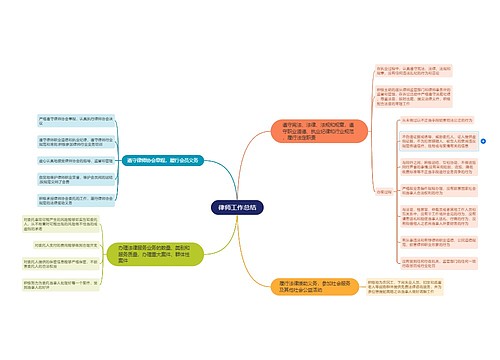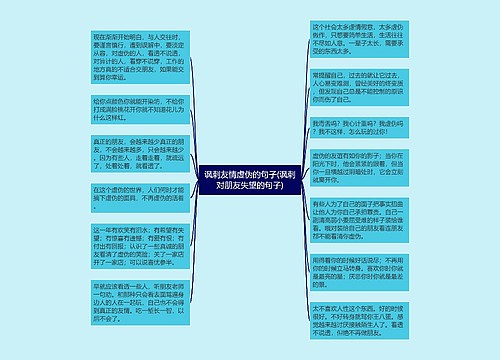Travel is commonly perceived as a good approach to the traditional customs and exotic cultures of other countries or regions. However, some people are suspicious of the necessity of travel as we can learn about other cultures by reading books, watching films and browsing the internet, which seem cheaper, less time-consuming and more accessible. In my view, although these methods can help us get some general ideas, a full comprehension of the local culture can only be obtained through travelling in person.
Firstly, cultural items acquired from books, movies or internets only show the opinions or attitudes of a certain group of people, which in some circumstances convey wrong messages with cultural misunderstanding and discrimination. For example, in some books or movies British people frequently appears a bit conservative, sophisticated and indifferent, but when we travel to the United Kingdom, we’ll find many people friendly, outgoing and sometimes a little crazy. So travel grants us the opportunity to break the stereotypes brought by mass media.
Secondly, travel boosts cultural communication in a more active way than books or videos do. During travel, we can initiatively interact with local people and deeply experience their life,such as their dietary habit, endemic customs and unique manners, to mention just a few, while transiting our own culture to those local people in the process of mutual exchanges. Obviously, it is not that easy for mass media to achieve such a direct and effective interaction.
To conclude, although some mass media, such as books, films or internet, play a necessary role in the cultural exchange, traveling to other places is of greater importance in order to personally experience the distinctive cultures and customs which may diverge from what we have acquired from mass media.

















